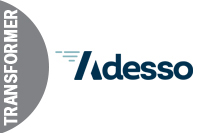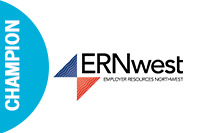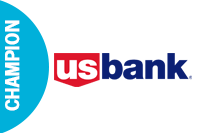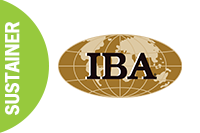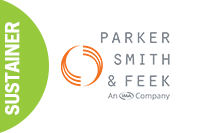3 takeaways you need to know
- Commercial buildings larger than 50,000 square feet (SF) are required to meet mandatory clean building performance standards. Compliance deadlines are phased in over a few years starting with June 1, 2026 for buildings more than 220,000 SF.
- Building owners cannot ignore these requirements as compliance delays can be costly. Non-compliance penalties can start at $5,000 plus $1 per gross square foot for every year of non-compliance.
- The state has budgeted $75 million to offer Early Adopter Incentives to help with the costs of achieving compliance.
The law is complex with several moving pieces. Many hospitality operators may find it difficult to understand what they need to do to comply. The Washington Hospitality Association has partnered with MacDonald-Miller to create the Clean Buildings Concierge Program, which we developed to help members comply with the Clean Buildings Performance Standards.
Climate policy in Washington state
Several years ago, the Washington State Legislature adopted goals for reducing greenhouse gas emissions to reduce the impacts of climate change. The state recently updated these goals to put our state on a path toward net zero emissions by 2050.
Residential and commercial buildings account for nearly 30% of the greenhouse gas emissions in our state, according to the Department of Commerce. Therefore, the Legislature has approved two significant bills that mandate certain energy efficiency standards for large buildings.
Lawmakers created two bills for the new Clean Buildings Performance Standards — House Bill 1257 (2019) and Senate Bill 5277 (2022) — to make sure large buildings in our state meet certain energy efficiency standards.
Clean Buildings Act overview
The Clean Buildings Act is designed to reduce energy costs, fossil fuel consumption, and greenhouse gas emissions from commercial and multifamily buildings. The legislation requires building owners to reduce their energy usage to meet or exceed prescribed Energy Usage Intensity (EUI) targets based on the building’s usage type.
Commercial buildings larger than 50,000 SF of gross floor area are considered “Tier 1” buildings and will be subject to new clean building performance standards.
Compliance deadlines for Tier 1 buildings:
- June 1, 2026 – More than 220,000 square feet of gross floor area
- June 1, 2027 – 90,001-220,000 square feet of gross floor area
- June 1, 2028 – 50,001-90,000 square feet of gross floor area
“Tier 2” buildings are those with a gross floor area square footage of 20,000-50,000. Unlike Tier 1 buildings, Tier 2 buildings are not subject to the clean building performance standards yet. Performance standard requirements for Tier 2 buildings won’t take effect until July 2031.
However, Tier 2 building owners will be subject to mandatory reporting on benchmarking, Energy Management Plans, and Operations & Maintenance programs starting June 1, 2027. As part of the Clean Buildings Concierge Program, MacDonald-Miller can help members comply with this mandatory step. The rules for Tier 2 buildings will be finalized by the end of 2023. The Department of Commerce will begin outreach to Tier 2 building owners and launch the Tier 2 incentive program in July 2025.
If you have a Tier 2 building, you do not need to take any action right away. Your reporting requirements are a few years away from taking effect.
Next steps
Do not delay! If you are subject to the Clean Buildings Act, you need to start thinking about your pathway to compliance now.
The Washington Hospitality Association’s Clean Buildings Concierge Program is designed to assist members with large buildings reduce energy use, leverage financial incentives for energy-efficiency projects, and comply early with the Washington State Clean Buildings standard.
Renters
**If you rent or lease in a Tier 1 building, please forward this notice to your landlord right away and encourage them to connect with our Clean Buildings Concierge Program. Landlords and property managers, especially if they are based in another state or country, may not be familiar with Washington’s Clean Building Act. The sooner they are informed and engaged on these important requirements, the better.
Additional resources
Clean Buildings Concierge Program
FAQ: Clean Buildings Performance Standard (Dept. of Commerce)
Clean Buildings Act expansion fact sheet (Dept. of Commerce)





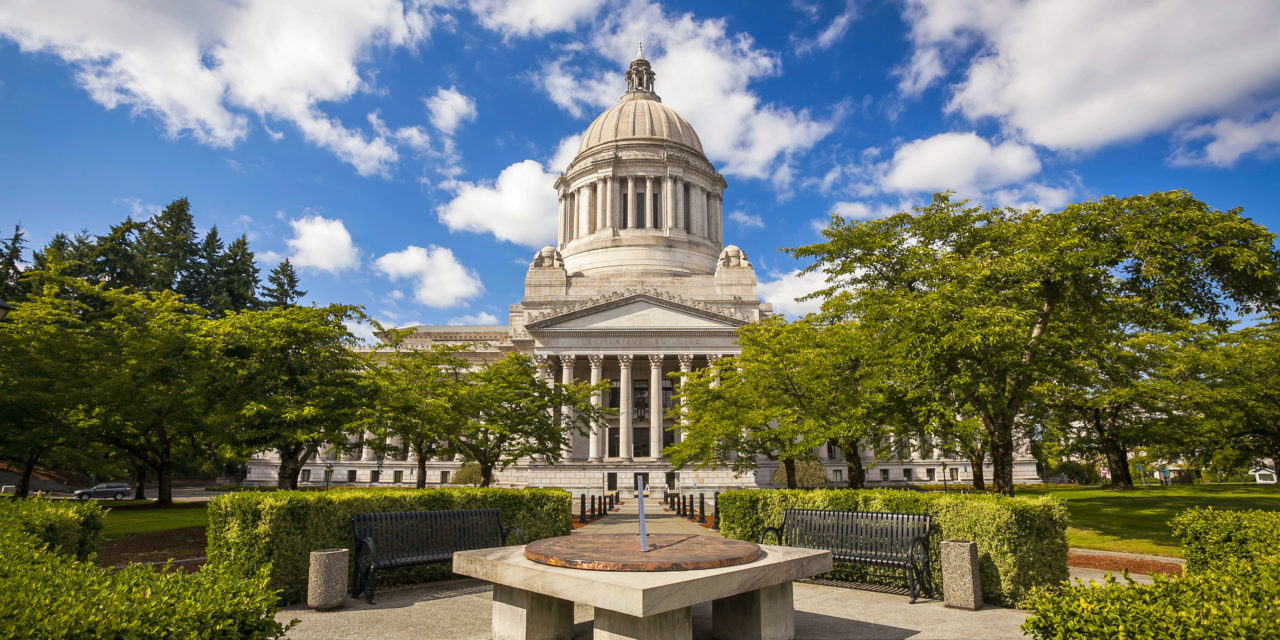
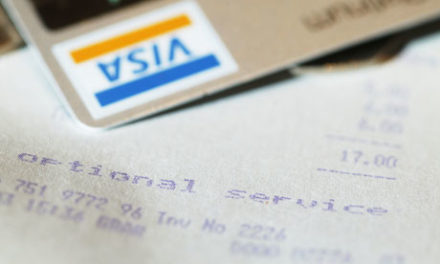











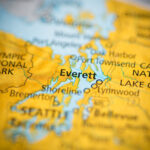
![Webinar replay! [Ask a Lawyer] Best hiring practices](https://wahospitality.org/wp-content/uploads/2024/05/CatherineHiring-webinar-150x150.png)




